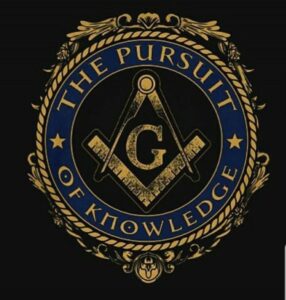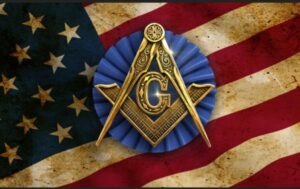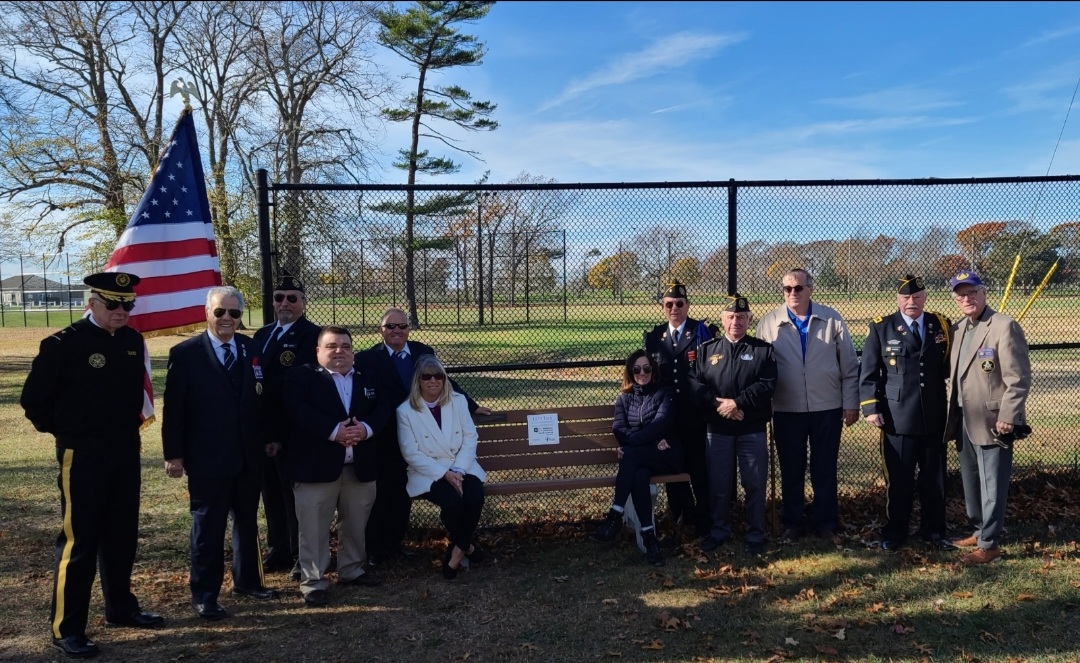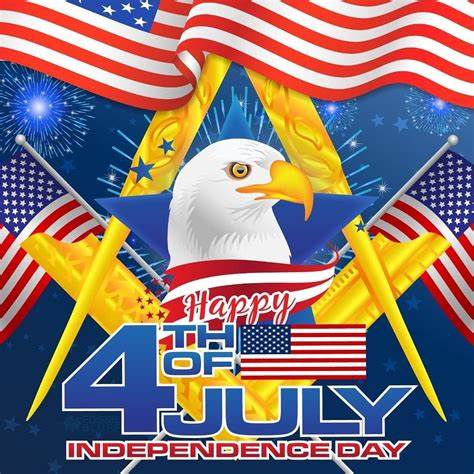GIACOMO GIROLAMO CASANOVA
April 2, 1725, Venice (Republic of Venice, present day Italy) –
June 4, 1798 (Dux, Bohemia, Holy Roman Empire, present day Duchcov, Czech Republic)
The mores of eighteenth-century Venice were very different from those of today – intimate relations tended to be casual without any seriousness. Nobles married for social connections rather than love, so flirtations, bedroom games, and short-term liaisons were common. Venice was ruled by political and religious conservatives and social vices were encouraged, making it the pleasure capital of Europe. Young men coming of age made Venice a must on their European tour. Beautiful courtesans, gambling houses and the famous Carnival preceding Easter were powerful draws. This was the milieu in which Casanova grew up.
Giacomo Girolamo Casanova was the eldest child of six of Gaetano Casanova, an actor and dancer, and Zanetta Farussi, an actress. They were often away on tour, so he was brought up by his grandmother. When he was nine, he was sent to a boarding school in Padua and always resented how is parents “got rid of me.” He disliked the school’s poor conditions, so he appealed to Abbot Gozzi, one of his instructors, to take him in to live with his family which Gozzi did through Casanova’s teenage years. Bettina, one of Gozzi’s sisters, caressed him at age 11 awakening the “first sparks of a feeling which later became my ruling passion.” Casanova and Bettina, as well as the Gozzi family, remained lifelong friends.
Casanova had a quick mind and was perpetually inquisitive. He entered the University of Padua at age 12, graduated at 17 (1742) with a degree in law. His guardian Gozzi was hoping he would become an ecclesiastical lawyer. While at the university he also studied medicine, chemistry, moral philosophy, and became a serious gambler, often in debt. His grandmother recalled him to Venice hoping to break his habit, but she was unsuccessful. While in Venice he was made an abbot and took minor orders. With his 6’ 2” frame he was imposing for his era and became a dandy with long powdered, scented and elaborately curled, dark hair. (The average height for men of Casanova’s time was about 5’, a bit taller in the north, where nutritious food was more plentiful, than the south.)
Casanova was always in need of money, so he often ingratiated himself with a patron. His first was a Venetian senator, Alvise Gasparo Malipiero, who taught Casanova about good food and wine, and how to behave properly in society. Their association came to an abrupt end when Casanova was found dallying with Malipiero’s intended girlfriend, the actress Teresa Imer. This was the first of many scandals which created the persona as we know it today.
After he left Malipiero he entered a seminary for a short period of time but was soon imprisoned for his debts. He managed to become employed by the powerful Cardinal Acquaviva as a scribe, met Pope Benedict XIV, and wrote love letters for another cardinal. A scandal ensued while working for the cardinal which brought an abrupt end to his church career. He then decided to become a military officer for the Republic of Venice but left after a short time.
Now 21, broke and an inveterate gambler, he returned to an old benefactor, Alvise Grimani, and became a violinist at the San Samuele Theater thanks to Grimani’s intervention. He didn’t last long as a violinist as he got into trouble with his friends roaming the streets of Venice at night. Fate, however, would change his life.
While riding in a gondola one evening, one of the other riders, Venetian Senator Bragadin, had a heart attack. He was immediately bled and brought to his palace where the doctor put mercury ointment on his chest, a common remedy of the time. When Casanova saw the senator was getting worse and a priest was called for the last rights, Casanova removed the ointment and washed his chest. He recovered and Casanova was virtually adopted by the senator, invited him to live in his home, showered him with funds, allowing him to live like a playboy aristocrat, dressing well and gambling heavily. Bragadin became Casanova’s lifelong patron, but because of several scandals he had to flee Venice.
Casanova fled to Padua where he met the Frenchwoman Henriette, the love of his life. It was probably the most profound love he ever experienced, since Henriette combined beauty, intelligence and culture. The affair lasted three months. After a good gambling streak in Venice, he reached Paris in 1750. He became a member of the Lodge of the Duke of Clermont and a Master Mason, eventually achieving the highest degree of the Scottish Rite; he never had any Masonic censures against him from his lodge. He loved the secret rites and the men of intellect and influence he met as they would also prove useful providing valuable contacts. He stayed in Paris for two years, learned French, met many influential people, but because of his numerous liaisons, he had to flee Paris.
Casanova then traveled to Dresden, Prague and Vienna. He returned to Venice where the inquisitors blamed him for blasphemies, seductions, fights and public controversy. The inquisitors were also interested in his knowledge of cabalism, Freemasonry and his collection of forbidden books. His old friend, Senator Bragadin, told him to flee immediately or suffer stiff consequences. Sometime afterwards in Venice at age 30, Casanova was arrested for outrages against religion and common decency and was imprisoned for 5 years on the top floor of the Doge’s Palace, reserved for prisoners of higher status. Against extraordinary circumstances, he managed to escape and fled to Paris.
 Realizing his stay in Paris this time would be longer than previously, he had to be more calculating and deliberate, especially as he needed a new patron. This was an old friend, Cardinal François-Joachim de Pierre de Bernis, a nobleman from a poor family, now Foreign Minister of France, who told him he should think of a means of raising funds for the state to gain favor. He became a trustee of the state lottery and quickly earned a large fortune because he was a wonderful salesman. With this money he traveled in high circles with new seductions. Because of his excellent memory he duped many with his occultism and numerology. He claimed to be a Rosicrucian and alchemist which made him popular with many prominent figures of the era such as Voltaire (a Freemason) and Madame de Pompadour (official mistress of Louis XV). He was soon asked to sell state bonds in Amsterdam and was rich enough to found a silk manufacturing company the following year. Unfortunately, he ran the company poorly, along with spending on his new conquests, and ran into debt. He was again imprisoned for his debts but was released on the insistence of a good friend and he fled to Holland. He was not safe there either and was on the run fleeing to Cologne, Stuttgart, Einsiedeln (Switzerland), Marseille, Genoa, Florence, Rome, Naples, Modena, Turin, back to Paris and then England. By 1760 he was calling himself the Chevalier de Seingalt or the Count de Farussi (his mother’s maiden name). During this time Pope Clement XIII presented him with the Papal Order of the Éperon d’Or (Order of the Golden Spur) which is rarely bestowed and given to those who have rendered distinguished service by promoting the Catholic faith or having contributed to the glory of the Church by armed defense, by writing or by some other noble achievement. (Other recipients have been Raphael and Mozart.)
Realizing his stay in Paris this time would be longer than previously, he had to be more calculating and deliberate, especially as he needed a new patron. This was an old friend, Cardinal François-Joachim de Pierre de Bernis, a nobleman from a poor family, now Foreign Minister of France, who told him he should think of a means of raising funds for the state to gain favor. He became a trustee of the state lottery and quickly earned a large fortune because he was a wonderful salesman. With this money he traveled in high circles with new seductions. Because of his excellent memory he duped many with his occultism and numerology. He claimed to be a Rosicrucian and alchemist which made him popular with many prominent figures of the era such as Voltaire (a Freemason) and Madame de Pompadour (official mistress of Louis XV). He was soon asked to sell state bonds in Amsterdam and was rich enough to found a silk manufacturing company the following year. Unfortunately, he ran the company poorly, along with spending on his new conquests, and ran into debt. He was again imprisoned for his debts but was released on the insistence of a good friend and he fled to Holland. He was not safe there either and was on the run fleeing to Cologne, Stuttgart, Einsiedeln (Switzerland), Marseille, Genoa, Florence, Rome, Naples, Modena, Turin, back to Paris and then England. By 1760 he was calling himself the Chevalier de Seingalt or the Count de Farussi (his mother’s maiden name). During this time Pope Clement XIII presented him with the Papal Order of the Éperon d’Or (Order of the Golden Spur) which is rarely bestowed and given to those who have rendered distinguished service by promoting the Catholic faith or having contributed to the glory of the Church by armed defense, by writing or by some other noble achievement. (Other recipients have been Raphael and Mozart.)
He wasn’t too fond of the English mainly because he didn’t speak English well, and travelled on to Moscow and St. Petersburg. In Russia he met with Catherine the Great, and tried to sell her on his lottery ideas, but she was not interested. From there he went on to Warsaw, then Breslau (Prussia) and Dresden. By now he had a venereal infection, and his health was declining. That did not stop him from traveling on to Spain to meet Charles III thanks to well-placed contacts, often Freemasons.
He was allowed to return to Venice after an eighteen-year exile but found Venice had changed and he was not as dynamic a citizen there as he once was. He learned his mother had died and soon afterwards, Bettina Gozzi died in his arms. The Inquisitors of Venice put him on the payroll as a spy, one of his more important investigations was the commerce between the papal states and Venice. Things eventually did not go well so he fled again to Paris, this time meeting Benjamin Franklin. (One of their discussions included hot air balloons). He then went on to Vienna where he met Lorenzo Da Ponte, Mozart’s librettist. Casanova spoke with Da Ponte and it’s possible their discussion found its way into the libretto for Mozart’s opera, Don Giovanni, since the opera is based on a fictional libertine and seducer, Don Juan.
A reversal of fortune forced the aging Casanova, now 60, to accept the position of librarian to Count Joseph Karl von Waldstein, a chamberlain to the emperor, at Dux Castle in Bohemia (Duchcov in the present day Czech Republic.) It was a lonely, boring and frustrating job and he became ill-tempered often fighting with the staff, even over how to cook pasta! But he was well paid, and it became his more productive time for writing. His health was also deteriorating dramatically. He did manage to visit Prague in 1787 to meet again with Lorenzo Da Ponte and see the first production of Mozart’s Don Giovanni, considered to be one of Mozart’s masterpieces. (His other operatic masterpieces are Così fan Tutte, The Marriage of Figaro, and the Magic Flute, his Masonic opera.)
In 1797 he learned Napoleon Bonaparte had seized Venice, the republic ceased to exist, and it was too late for him to return home to Venice. Thirteen years after his arrival, Casanova died at Dux and was buried in the cemetery of St. Barbara’s church. His exact gravesite is unknown.
While at Dux, Casanova wrote his memoirs, Histoire de Ma Vie (Story of My Life), in French because it was the language of eighteenth-century intellectuals, and he wanted as wide a readership as possible. He bequeathed his memoirs to his nephew whose descendants later sold it to the German publisher, Friedrich Brockhaus of Leipzig. The Brockhaus family kept it for the next 140 years under lock and key, and miraculously, it survived the allied bombings of Leipzig during World War II. In 2010 the 3,700-page original manuscript was acquired by the Bibliothèque Nationale de France (French National Library) after some ferocious bidding for $9.6 million, a new record for a manuscript. The French consider it a national treasure because it is an intimate chronicle of eighteenth-century France where Casanova spent a great deal of his adult life. (When it was first published in 1821 in highly censored form it was placed on the Vatican’s Index of Prohibited Books.) The first uncensored edition in French was published in 1960, and the English translation in 1966. (His letters, saved by the Waldstein family, are in the State Regional Archive in Prague.)
Casanova was recognized by his contemporaries for his far-ranging intellect and curiosity. (Today he is surrounded by so much myth many think he was a fictional character.) He was religious, a devout Catholic, believed in prayer but was also a participant in secret societies and sought answers beyond the conventional. During his lifetime he was a lawyer, clergyman, military officer, violinist, con man, gourmand, dancer, businessman, gambler, astrologer, diplomat, spy, politician, medic, mathematician, social philosopher, cabalist, playwright, translator (The Iliad into the Venetian dialect) and writer (a science fiction novel, a protofeminist pamphlet, and several mathematical treatises). He, like Brother Benjamin Franklin, was a genuine polymath.
Respectfully Submitted,
Br. Richard Gentile
Jephtha Lodge No. 494
Huntington, NY







 Realizing his stay in Paris this time would be longer than previously, he had to be more calculating and deliberate, especially as he needed a new patron. This was an old friend, Cardinal François-Joachim de Pierre de Bernis, a nobleman from a poor family, now Foreign Minister of France, who told him he should think of a means of raising funds for the state to gain favor. He became a trustee of the state lottery and quickly earned a large fortune because he was a wonderful salesman. With this money he traveled in high circles with new seductions. Because of his excellent memory he duped many with his occultism and numerology. He claimed to be a Rosicrucian and alchemist which made him popular with many prominent figures of the era such as Voltaire (a Freemason) and Madame de Pompadour (official mistress of Louis XV). He was soon asked to sell state bonds in Amsterdam and was rich enough to found a silk manufacturing company the following year. Unfortunately, he ran the company poorly, along with spending on his new conquests, and ran into debt. He was again imprisoned for his debts but was released on the insistence of a good friend and he fled to Holland. He was not safe there either and was on the run fleeing to Cologne, Stuttgart, Einsiedeln (Switzerland), Marseille, Genoa, Florence, Rome, Naples, Modena, Turin, back to Paris and then England. By 1760 he was calling himself the Chevalier de Seingalt or the Count de Farussi (his mother’s maiden name). During this time Pope Clement XIII presented him with the Papal Order of the Éperon d’Or (Order of the Golden Spur) which is rarely bestowed and given to those who have rendered distinguished service by promoting the Catholic faith or having contributed to the glory of the Church by armed defense, by writing or by some other noble achievement. (Other recipients have been Raphael and Mozart.)
Realizing his stay in Paris this time would be longer than previously, he had to be more calculating and deliberate, especially as he needed a new patron. This was an old friend, Cardinal François-Joachim de Pierre de Bernis, a nobleman from a poor family, now Foreign Minister of France, who told him he should think of a means of raising funds for the state to gain favor. He became a trustee of the state lottery and quickly earned a large fortune because he was a wonderful salesman. With this money he traveled in high circles with new seductions. Because of his excellent memory he duped many with his occultism and numerology. He claimed to be a Rosicrucian and alchemist which made him popular with many prominent figures of the era such as Voltaire (a Freemason) and Madame de Pompadour (official mistress of Louis XV). He was soon asked to sell state bonds in Amsterdam and was rich enough to found a silk manufacturing company the following year. Unfortunately, he ran the company poorly, along with spending on his new conquests, and ran into debt. He was again imprisoned for his debts but was released on the insistence of a good friend and he fled to Holland. He was not safe there either and was on the run fleeing to Cologne, Stuttgart, Einsiedeln (Switzerland), Marseille, Genoa, Florence, Rome, Naples, Modena, Turin, back to Paris and then England. By 1760 he was calling himself the Chevalier de Seingalt or the Count de Farussi (his mother’s maiden name). During this time Pope Clement XIII presented him with the Papal Order of the Éperon d’Or (Order of the Golden Spur) which is rarely bestowed and given to those who have rendered distinguished service by promoting the Catholic faith or having contributed to the glory of the Church by armed defense, by writing or by some other noble achievement. (Other recipients have been Raphael and Mozart.)